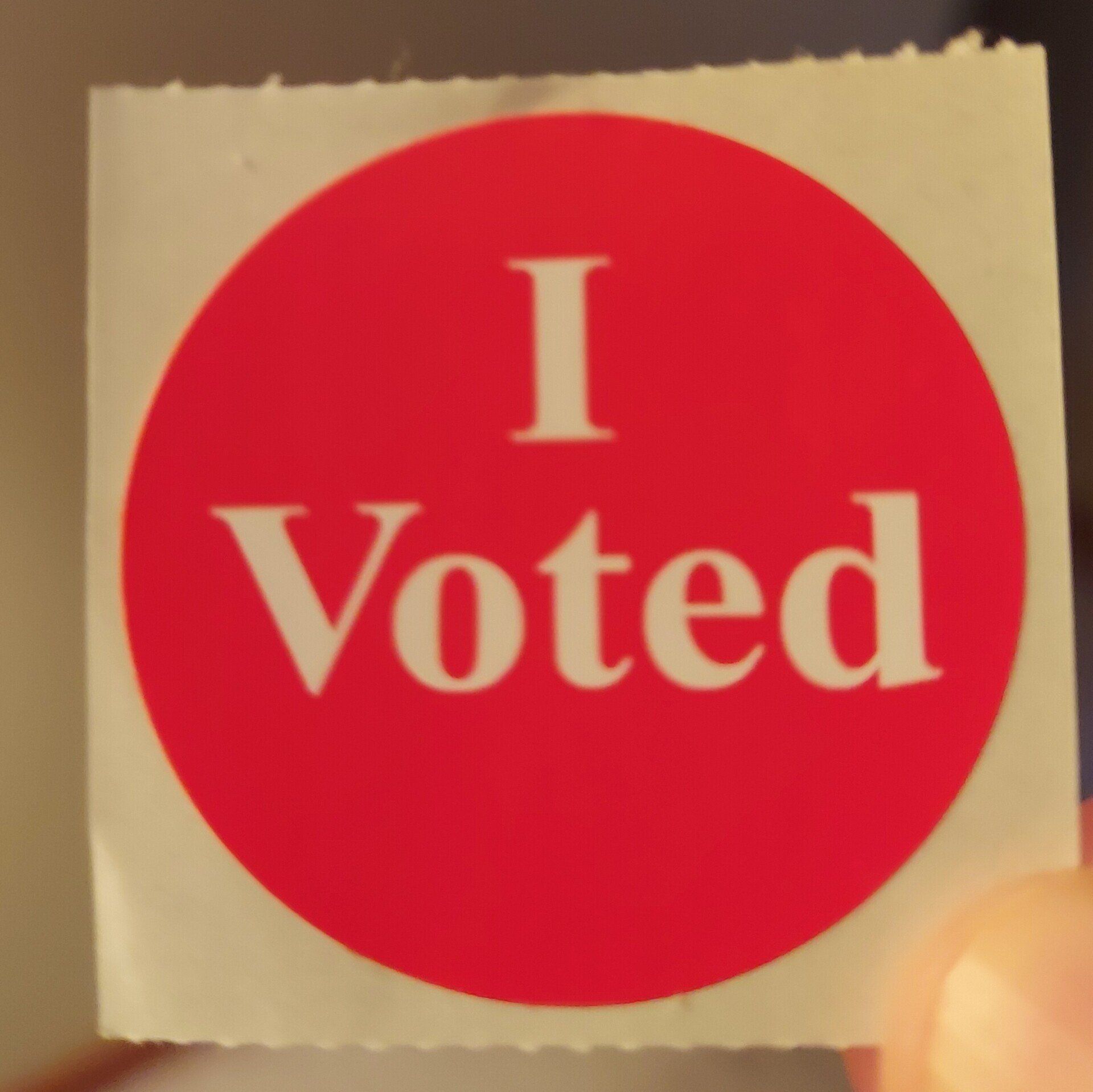Midterm Election Day and Criminal Justice Reform Efforts
State, local voters, lawmakers continue to choose progressive justice reform policies

If you've been subjected to hours of insufferable political ads over the last few months leading up to today's midterm national election in the Untied States, you've noticed there aren’t many ads touting criminal justice reform, nor are you seeing these stories covered in the national media. In contrast, you can find lots of ads stories on the backlash to reform, all having that same tone; YOUR LIFE IS IN DANGER...or some similar hyperbolic phrase.
But the national headlines don’t tell the full story: On the contrary, criminal legal reform continues to win in many parts of the country. The number of people incarcerated is down 22.4 percent (or 1,588,400 fewer persons) since 2010, much of it due to the hundreds of laws passed to reform the criminal legal system and the election of policymakers committed to smart reforms. On the local and state levels, voters and lawmakers have kept up this trend.
In 2022, voters chose reform prosecutor candidates in states representing a wide ideological spectrum. Voters continue to show strong support for district attorneys who work to reduce the footprint of the criminal legal system. In Durham, North Carolina, prosecutor Satana Deberry won her reelection primary in a landslide, despite negative attacks on her reform record, which include bail reform and clearing thousands of outstanding court fines and fees. On May 17, 79 percent of voters chose Deberry on the promise that she will continue her reform-oriented policies, such as her pledge to not criminalize people who seek abortions. She is running uncontested on today's election.
In Iowa, Kimberly Graham also won her primary election for Polk County prosecutor, promising to not prosecute marijuana possession and to not seek cash bail for low level arrests, among other reforms. She is expected to win her election today as well.
But it’s not just reform prosecutors who are winning. This year we also saw important victories in state legislatures, including removing barriers for formerly incarcerated people to reintegrate back into society, and advancing marijuana legalization with a racial justice focus.
Colorado became the seventh state to pass Clean Slate legislation, which would allow for the automatic sealing of arrest records that do not result in conviction, as well as sealing of many other records post-conviction. Similar laws have passed in Connecticut, Delaware, Michigan, Pennsylvania, and Utah.
Connecticut passed a law providing anti-discrimination protections for people living with a criminal record. The new law prevents job licensure boards from instituting blanket bans against groups of people based on their record of arrest or conviction, and would instead require licensure boards to make individual assessments. Oklahoma also passed reforms that include an automatic expungement bill in certain cases, expected to impact more than 100,000 Oklahomans.
There are many more examples of success of progressive criminal justice reforms across the country and they won’t be the last. Certainly, these newly enacted laws will not end mass incarceration; much more is needed. But these successes show that voters consistently continue to choose criminal justice reform, and state lawmakers on the right and left continue to pass common sense legislation, and are doing so despite the backlash on the national level.
To continue to move forward and not backward, voters must vote their whole ballot. From Senator, congressional representative, governor all the way down to your local sherrif, prosecutors, judges and district attorneys, you ensure we continue to see the changes to end mass incarceration, ensure fairness in the criminal justice system, and continue the work on reforming the justice system.
It's up to us. Make them work for us.
To find your local polling place, text VOTE to 43367.
If you encounter any issues at the polls today, call or text 866-OUR-VOTE (866-687-8683) to speak with a trained, non-partisan Election Protection volunteer.










